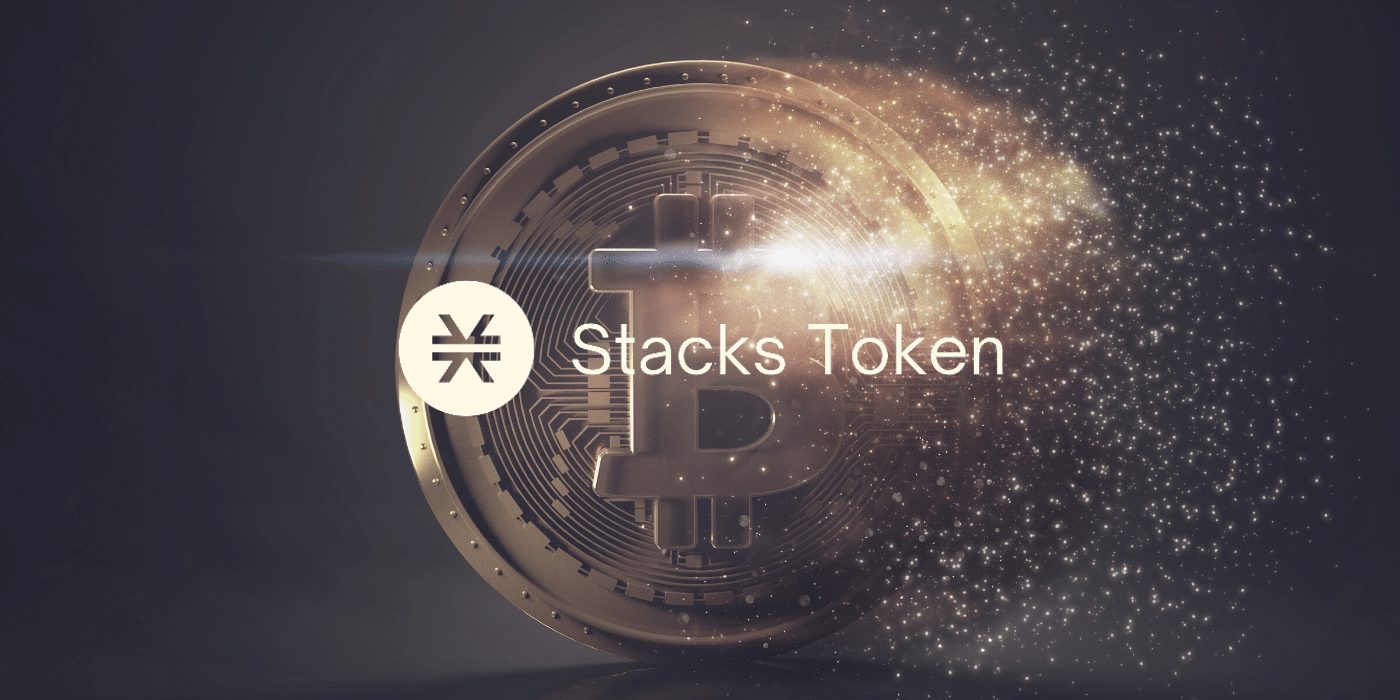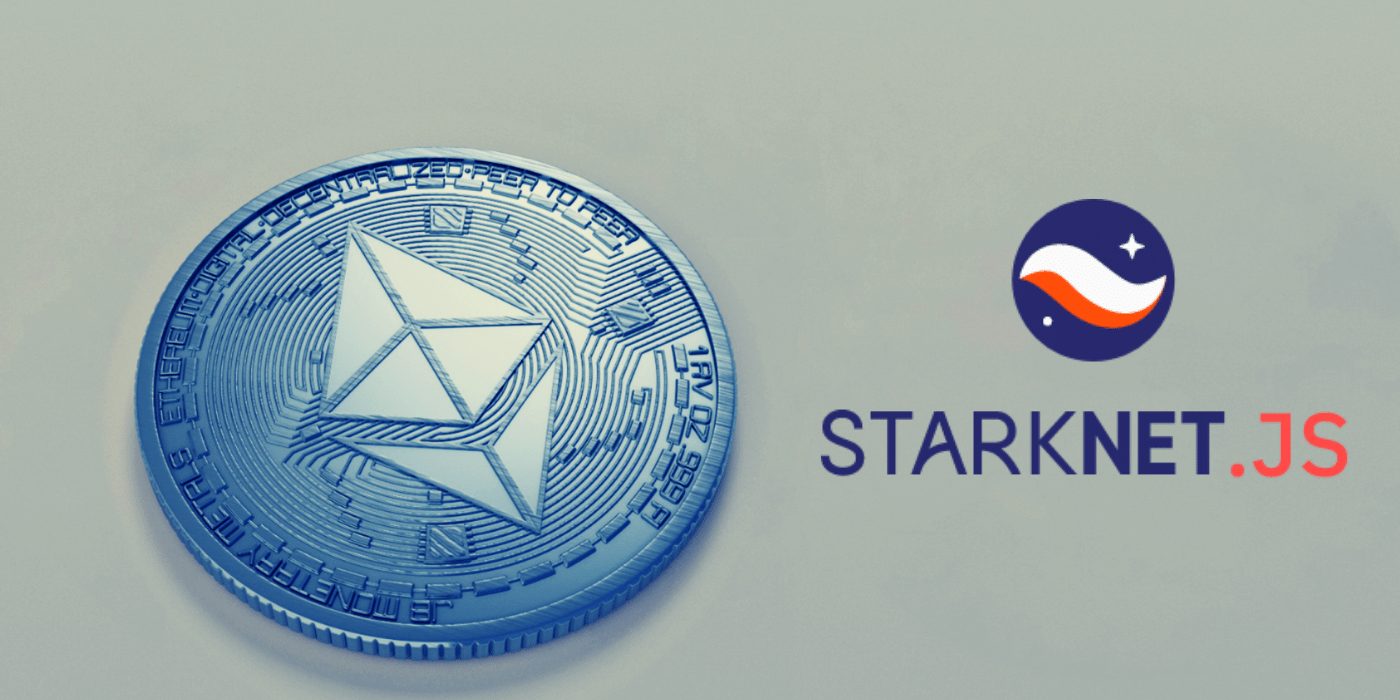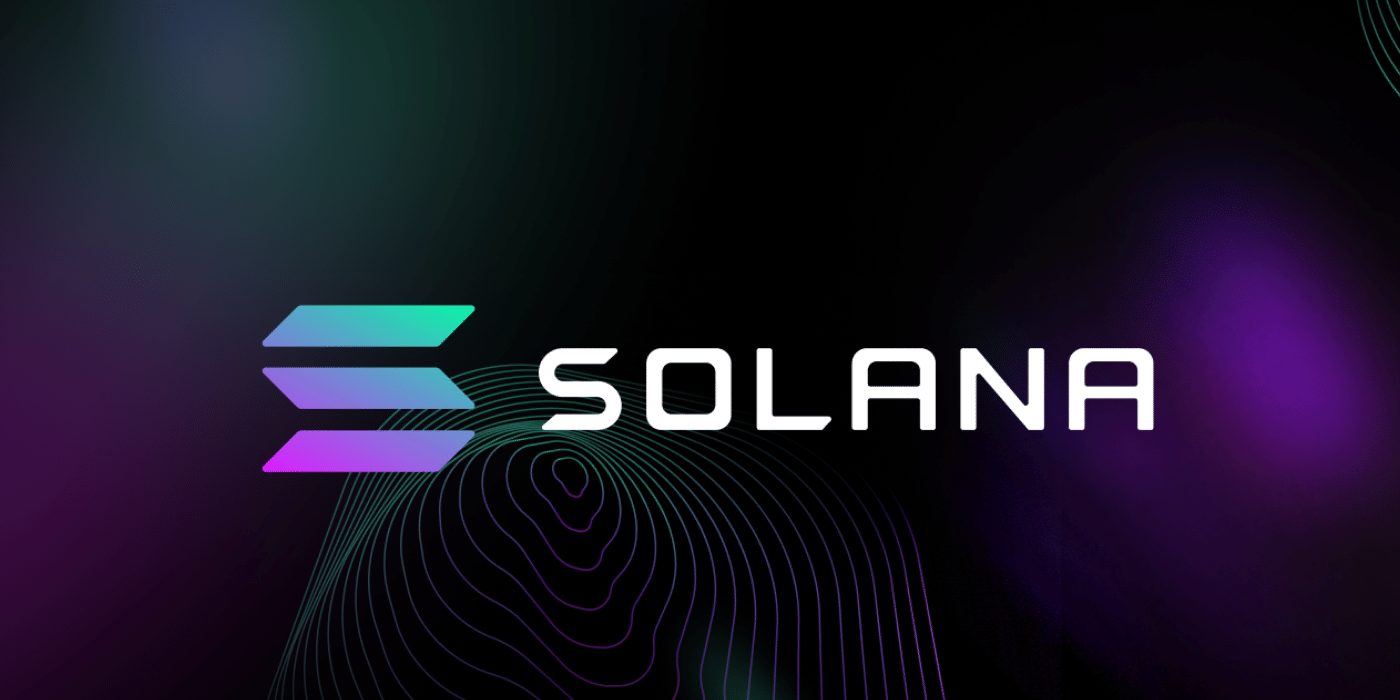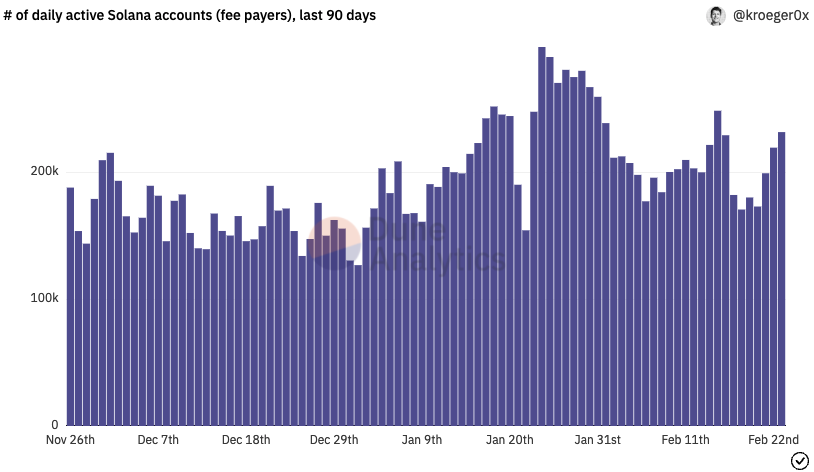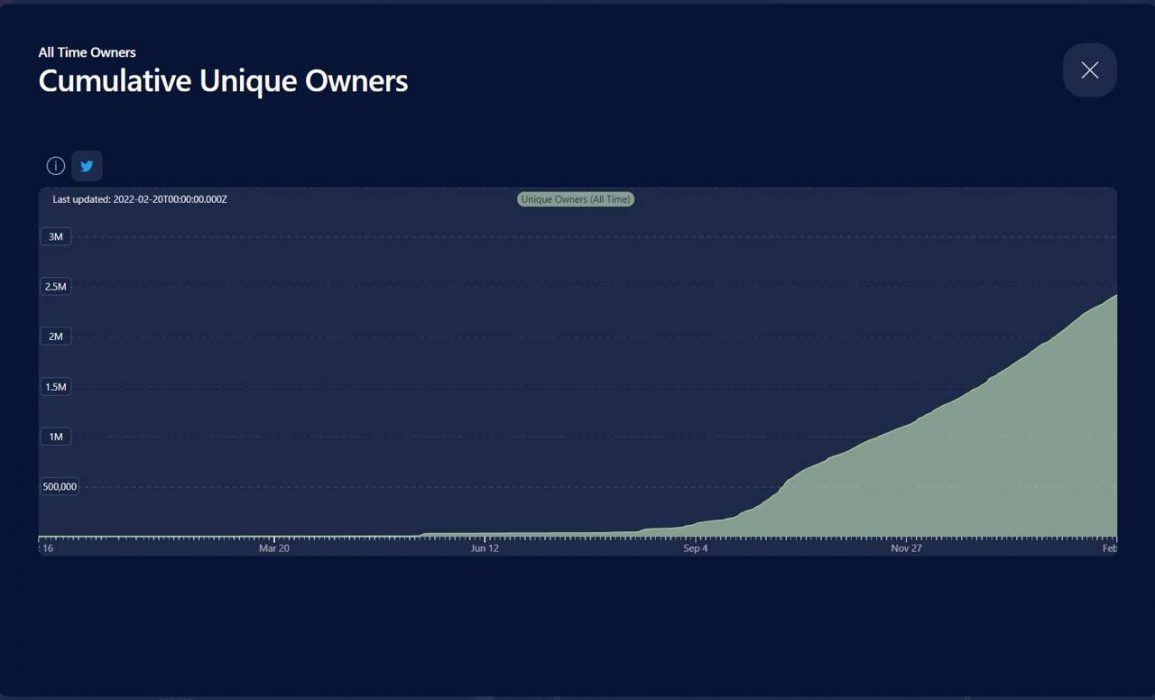STX, the utility token of layer-1 blockchain platform Stacks, has seen a 70 percent gain following the announcement of ‘Bitcoin Odyssey’, a US$165 million grants program. Stacks and OKCoin will be putting the pooled money towards developing decentralised apps and furthering Bitcoin. However, the token price plunged soon after.
Positive Reaction to Bitcoin Odyssey Program
The Bitcoin Odyssey program will fund Stacks product development that will reach NFTs, DeFi, and Web3. The announcement will stoke the Bitcoin ecosystem and has already generated a flurry of positive media attention:
However, the positive gain was short-lived as the token dived by 30 percent soon after the announcement. Due to STX’s long wick candlestick it appears that selling opportunities were identified by traders the day after, although the selloff also seemed partly technical.
The STX Token Has Spiked Before
The Stacks Network token had several value spikes towards the back end of 2021. In October STX exploded in value, soaring 57 percent in 24 hours. This followed an increase in demand amid a thriving NFT ecosystem.
Then, in December, another spike was witnessed in reaction to the exit of Jack Dorsey, Twitter’s former CEO, with the token’s value rising by almost 65 percent in a week. Investor speculation peaked over the possibility of Dorsey migrating into the cryptocurrency industry.

